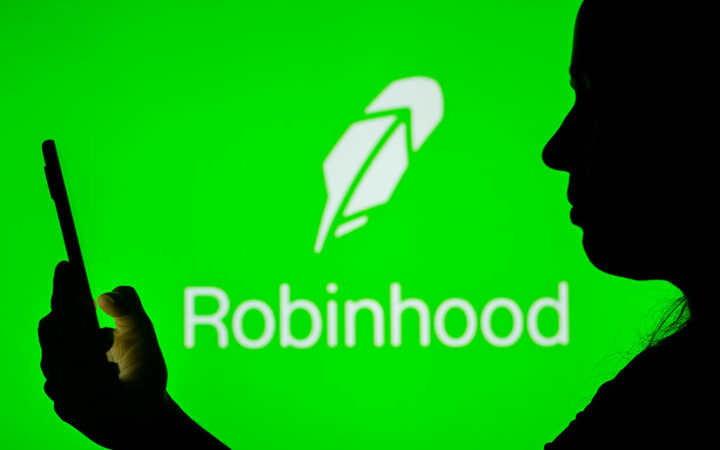
Robinhood Halts 24 Hour Trading after Intense Market Volatility
Robinhood may have taken this decision to halt trading to avoid an anxiety surge amongst traders and to mitigate the volume of losses that they incur.

Robinhood may have taken this decision to halt trading to avoid an anxiety surge amongst traders and to mitigate the volume of losses that they incur.

According to some analysts and market observers, the Japanese market swung into a state of panic after the Bank of Japan announced its decision to raise interest rates.
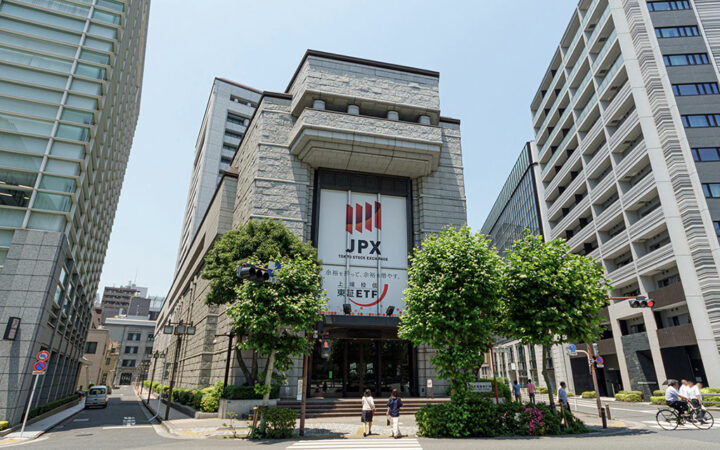
One of the most striking aspects of this market turmoil was the sharp increase in the Nikkei volatility index, which surged to 23.87, a level not seen in a long while.
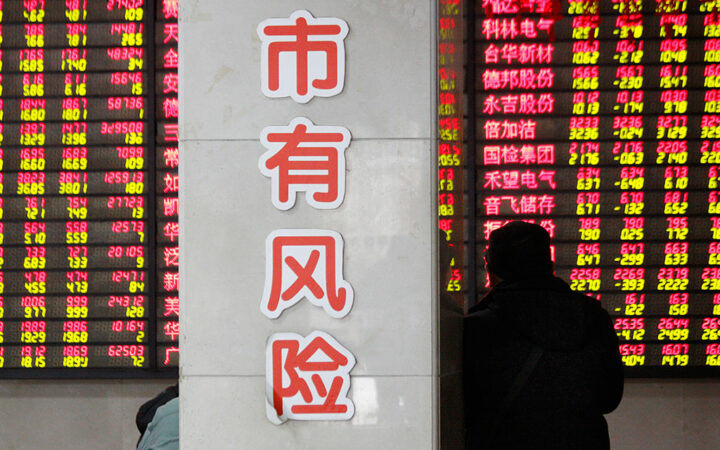
The ripple effect of the Chinese market plunge has extended to other major Asian markets, with Japan’s Nikkei 225 and South Korea’s Kospi also experiencing declines.

As the global economic downturn continues, especially with headwinds in China, the Nikkei 225 recorded a big weekly loss as stocks fell.
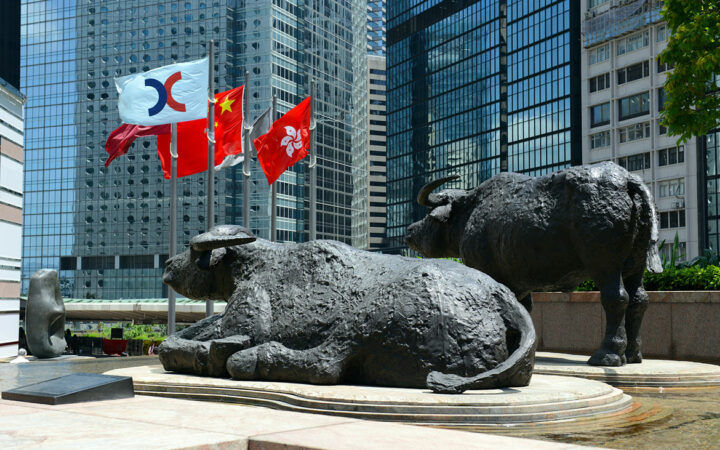
The Asia-Pacific markets displayed a positive trend, with gains observed in South Korea, Japan, mainland China, and Australia.
The Goldman Sachs analysts believe that the Topix index will touch a high of 2200 points in the short term, a level that will come off as a 3% growth from where it is currently pegged.
Japanese stocks gave up most of their gains after news that ex-Prime Minister Shinzo Abe was shot and in critical condition.

With the growing imbalance in the global economy, the Asia-Pacific stocks saw a better trading day on Tuesday as most indices close up positive.
US stock futures saw their leading indexes advance even as the S&P 500 sits just 2% off impending bear market territory.

Despite some positive development from China’s April trade data, global stocks still remain lower as investors remain tentative.

The plunge in the market is a normal reaction from investors who seek out safety amidst the uncertainty.

Besides the growth notably recorded in the stock futures, the Dollar also became firmer against other currencies around the world.

The fourth quarter and full-year growth record of the Chinese economy was the buy signal for many investors.

The relentless spread of the Omicron variant has adversely impacted European and Asian markets, even oil prices too.